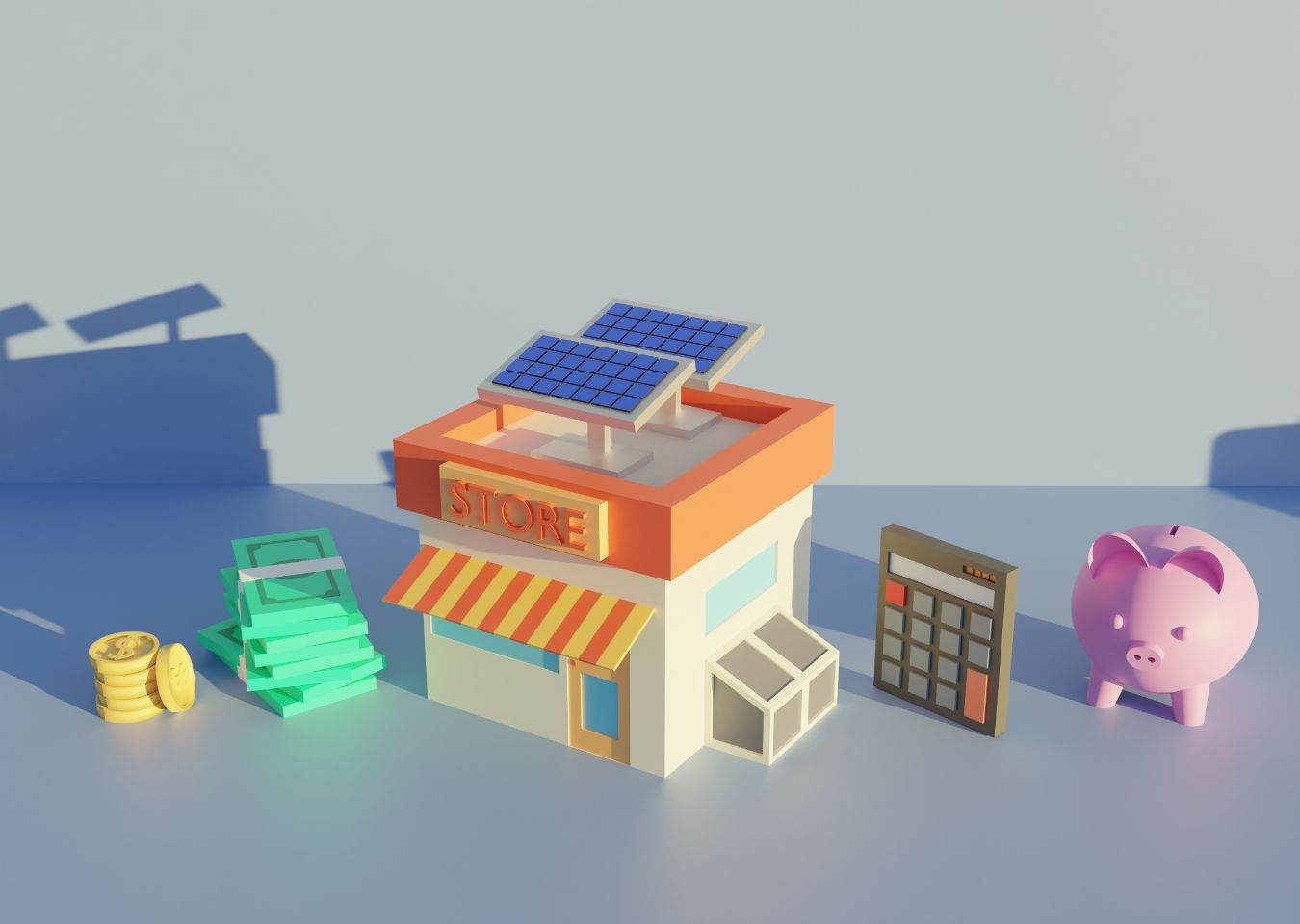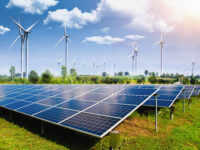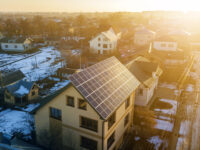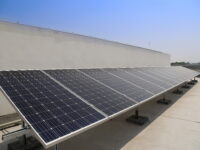So, you’ve looked into the best solar panels on the market and decided that efficiency is the most important thing. Smart choice. Most homeowners choose to buy the most efficient solar panels when they have a limited amount of space on their roofs. This is often (but not always) the best thing for them to do.
Solar panel efficiency is the amount of sunlight that falls on the panels and turns into energy, or solar power, and how much of that energy can be used. Here, we’ll explain why solar efficiency is important, and we’ll help you find the best solar panels for your home based on your needs. A certified solar installer can help you find one in your area. You can use this instrument or fill out the form below to get in touch with one.
Understanding how well solar panels Efficient
A solar panel’s efficiency is how much electricity it makes based on how much sunlight it gets. The most effective panels on the market currently only reach about 22.8 percent. This means that the panel turns about 22.8 percent of the sun’s rays into usable AC electricity.
This may seem like a small amount, but solar technology has made a lot more progress than most people thought it would. Only about 10 years ago, solar panels were only about 15% efficient. Because of this, only 2% of the first solar panels from the 1950s could be used to make electricity. There are now panels in development that could be on the market at some point in the future. They could be as efficient as 50%.
What Affects the Efficiency of Solar Panels?
Photovoltaic (PV) cells and solar panels play a big role in their efficiency. You might wonder what makes them different.
Efficient of solar cells
A solar cell is the tiniest part of a solar panel. The photovoltaic impact, which is how sunlight is turned into electricity, happens inside the solar cells. Solar panels connect many cells to make more power and let that power flow through a home.
Monocrystalline solar panels are the most efficient solar panels (rather than polycrystal or thin-film). In this kind of panel, the solar cell is cut from a single piece of silicon. This means fewer problems in the cell, making them better at absorbing sunlight and thus more efficient.
The term “N-type” or “P-type” may have come up in your research as well, so it’s possible. For the most part, this won’t be very important to most people, but if you want to learn more about how these solar cell types work, here are a few things to know: There is a lot of phosphorus in N-type cells and a lot of phosphorus in P-type cells, which makes them negatively charged (via boron). It’s also possible to make multi-junction solar cells of P and N-type materials.
The Efficiency of Solar Panels

In general, the solar panel structure has more to do with how well the panel works. It doesn’t matter if you have the most efficient solar cells on the market. The next step is to get those electrons and direct a current in a certain direction. During this part of the process, a solar panel needs to be as smoothly connected as possible so that no energy will be lost in this way. In this case, temperature, cell type, and design will all have a big impact on how well things work together.
Why is it important for solar panels to work well?
You shouldn’t just think about solar panels that are most efficient when you think about them. Other things, such as durability, cost, warranty, and power, can all have a big impact on how good a solar panel is. However, in the case of residential solar, efficiency is usually one of the most important things to think about. 🙂 Here’s why:
Payback will be faster.
The greater your power production and the faster you return your original investment, the more efficient your solar power system will be. If your solar panels aren’t very efficient, you’ll have to pay more for them initially. This will shorten the time it takes to pay for your solar panels, which can be scary. Another thing to maintain in mind is that the more efficient your solar panels are, the fewer solar panels and inverters you’ll need to meet your home energy needs.
Better for a Small Space
Many home solar energy projects are limited by the space used for solar panels. Some people might look at their roofs and think there’s a lot of room. But zoning laws and regulations often require space between panels and between the arrays and the sides of the roof. If your home doesn’t have a lot of space on the roof, high-efficiency panels let you do more with less.
Getting more done with less
In addition to having to work with limited space, having fewer solar panels makes your solar project less impactful. In the words of Dr. Yifeng Chen, the head of efficiency research and development at Trina Solar, “improving module efficiency is a way to help customers save money by not having to use land, labor, cables, and so on.”
The most efficient solar panels use less material, shipping costs, and waste. One or two solar panels may not seem like much, but the effect can be big when the U.S. has about 3 million solar installations each quarter.
Other things that affect the productivity
At the hazard of getting too technical, here are a few more things about solar panels that affect how efficient they are.
Also Read:
Solar Tracking System Everything You Need To Know
Design Guide for an On-Grid Solar Power System
Wavelength
Sunlight that a solar cell can take in can be different from time to time. Most modern solar cell technology can only use visible light to make electricity. This means that it doesn’t use other types of light, like infrared and UV rays. In general, if the cell can capture a wider range of light, it will be more efficient. Some scientists are working on solar cells that can capture infrared rays, which would make them much more efficient.
Temperature
People who live in very hot or very cold weather can put a lot of stress on a solar panel. Solar panels improve in colder weather because they don’t get too hot. Panels that are strong and can withstand high temperatures will be more efficient and last longer.
Reflection
Solar panels need to be covered in a protective layer to keep them working for a long time. When it comes to this protective coating, it’s hard because it needs to keep solar cells from reflecting any of the energy they’re trying to get. More efficient panels will have high-quality protective coatings that reflect the least light possible, which will lead to more overall energy production.






